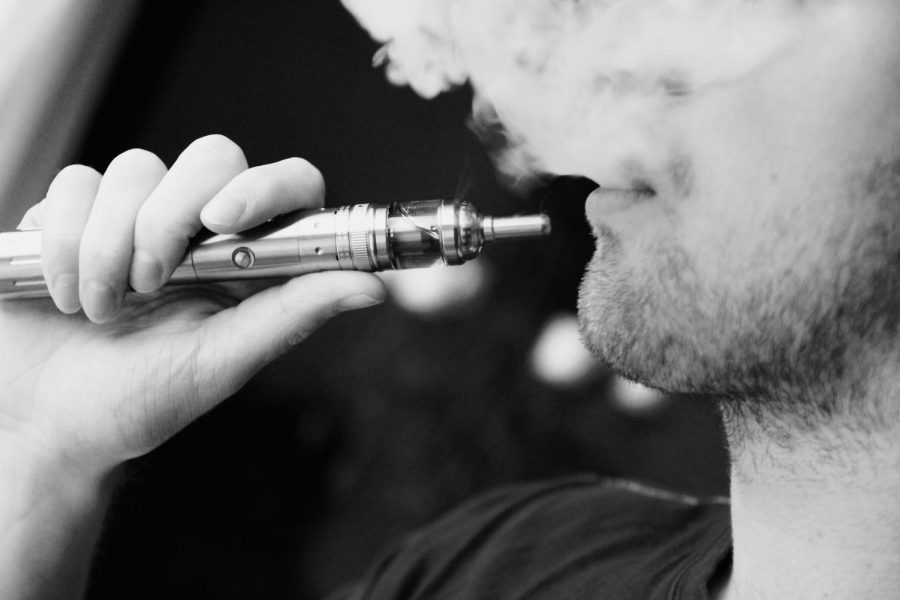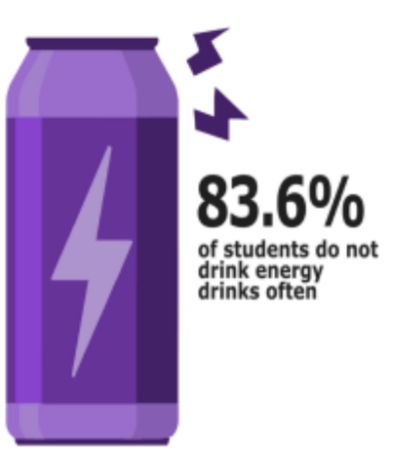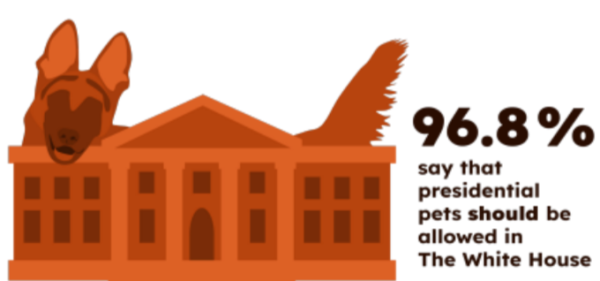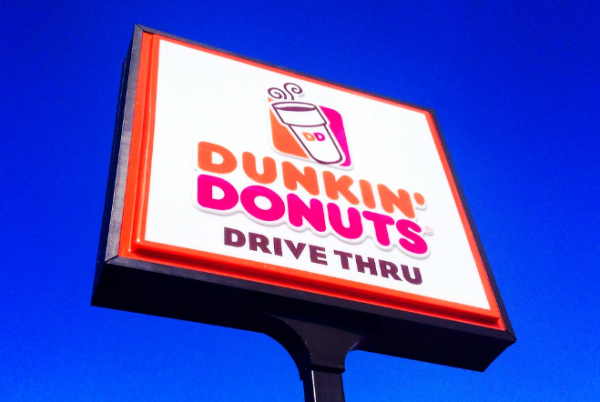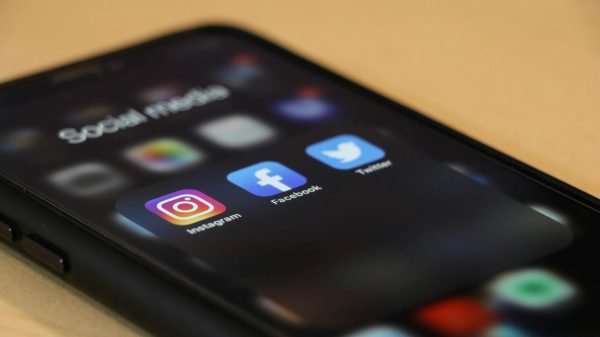Vape manufacturers to take a hit from e-cigarette ban
Photo by Vaping360 obtained through Creative Commons
Although manufacturers created e-cigarettes to help guide consumers to a “healthier” alternative, 11.4% of adult users had never been cigarrete smokers, according to Truth Initiative. https://creativecommons.org/licenses/by/2.0/
November 15, 2019
Vaping is one of the most culturally prevalent issues today. Its popularity has risen extremely fast, with the CDC reporting that over 1 in 4 high school students vape. At the same time, concerns about its health effects have also risen, with 23 reported deaths linked to vaping-related issues in 2019. While vaping is a safer alternative to cigarettes, according to CNBC, there are still many significant health risks that come with vaping.
Because of this, the Trump administration has stepped in, stating they plan to ban flavored e-cigarettes, according to the New York Times. But Trump is not the only official calling for the ban, as Michigan became the first state to ban the sale of flavored e-cigarettes, according to USA Today. These moves likely will not end the teen vaping epidemic but could be a good first step in addressing specific problems.
Banning flavored e-cigarettes is not the same as a complete ban of all vaping-related products. Flavored products are specifically being targeted for their marketing towards teens With vape flavors like “Cotton Candy” and “Skittles,”, the FDA has repeatedly expressed concern with how this kid-friendly labeling can mislead teens into thinking that vaping is safer than it actually is. In a national survey by the FDA asking teenagers why they vape, more than 80 percent stated that their reasoning was “It comes in flavors I like.”
The call to ban flavored e-cigarettes is nothing new. According to the LA Times, the FDA attempted to ban flavored vape products back in 2015, but tobacco industry lobbyists nixed the ban.
The teen vaping problem will not end anytime soon, but a ban on flavored e-cigarettes has the potential to lessen the issue. The fact that 63 percent of kids do not know that Juuls always contain nicotine, according to NPR, shows that a significant factor in the vaping epidemic is a lack of information. So while stopping teens from vaping may be unfeasible, these bans are a step towards allowing teens to make more informed choices about vaping in the future.



